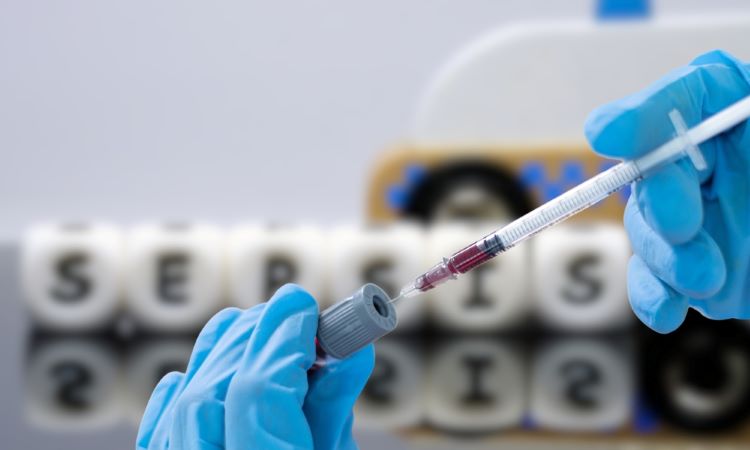Sepsis: addressing unmet needs for a global priority
Posted: 13 September 2024 | Catherine Eckford (European Pharmaceutical Review) | No comments yet
Limited funding and a lack of drugs targeting the root cause of sepsis are some of the current obstacles when addressing the disease burden, GlobalData says.


The 13 September marks World Sepsis Day, a disease established as a global priority by the World Health Assembly (WHA) and World Health Organization (WHO).
According to GlobalData, “there is a big unmet need for drugs that specifically target sepsis, as currently only symptomatic treatments are available. A lack of understanding of the underlying pathophysiological processes contributes towards this issue,” Anaelle Tannen, Infectious Disease Analyst at GlobalData commented.
Currently, 14 drugs for sepsis are in late-stage development in the eight major markets (US, France, Germany, Italy, Spain, UK, Japan, and China), the organisation highlighted.
there is a big unmet need for drugs that specifically target sepsis, as currently only symptomatic treatments are available”
However, “there is a lack of funding in [the sepsis therapeutic space], and it is hoped that increasing awareness will encourage more investment in sepsis research,” Tannen added.
Currently, treatment involves antibiotics, fluid resuscitation and vasopressors in addition to other supportive care for patients in septic shock, GlobalData explained. The 2017 WHA resolution stated that the condition “represents the most vital indication for the responsible use of effective antimicrobials for human health”.
Investigational treatments for sepsis
Furthermore, clinical trial design for investigational sepsis drugs needs to be improved. Key opinion leaders (KOLs) acknowledged that “the high failure” in clinical trials is largely due to “the use of inappropriate trial endpoints and recruiting heterogenous study groups”, GlobalData reported. Examples include Phase III trial failures for AM Pharma’s ReCAP (REVIVAL study) and Asahi Kasei’s thrombomolduin alfa (SCARLET study).
However, the Phase IIb study evaluating the safety and efficacy of the immunotherapy recombinant human CD39 enzyme TIN816 set to begin next year may offer insights into addressing the diease.
Novartis’ investigational medicine TIN-816, is indicated to treat acute kidney injury (SA-AKI) and acute kidney injury-associated sepsis following cardiac surgery. This drug is administered intravenously and targets adenosine triphosphatase (ATP), GlobalData shared in a report.
Other solutions for enhancing clinical trial design include an “increased use of artificial intelligence (AI)…by identifying homogenous study populations via specific biomarkers and matching these patient subgroups to specific drugs under investigation. This could increase the likelihood of approval of certain drugs for the treatment of sepsis,” Tannen concluded.
As such, since “only a minority of European countries have integrated sepsis into their national health strategies” according to The European Sepsis Alliance in 2023, continued collaboration and progress on related initiatives are needed to advance the management and treatment of sepsis.
Related topics
Big Pharma, Clinical Development, Clinical Trials, Drug Development, Drug Markets, Industry Insight, Regulation & Legislation, Research & Development (R&D), Technology, Therapeutics
Related organisations
GlobalData Pharma, The European Sepsis Alliance, The World Health Organization (WHO), World Health Assembly (WHA)









